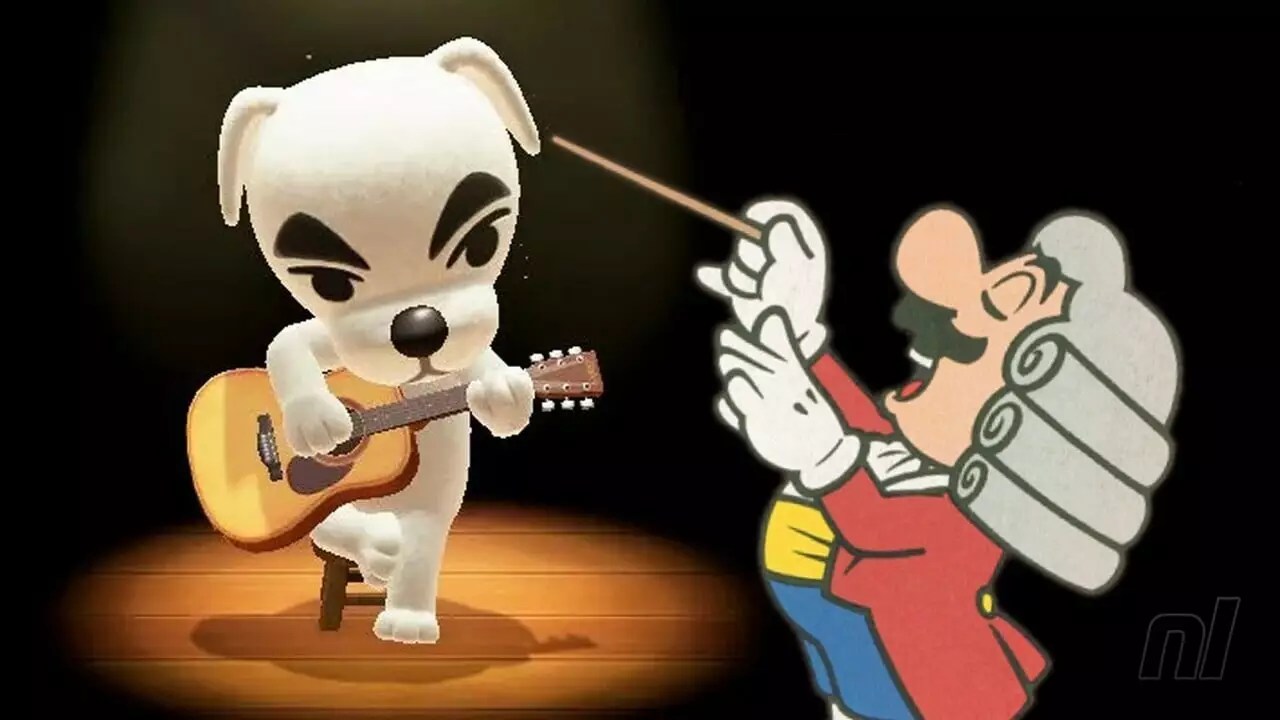Have you ever found yourself captivated by a catchy video game soundtrack, only to realize that it bears a striking resemblance to a familiar tune? You’re not alone. Musical composers often draw inspiration from their favorite melodies, creating a rich tapestry of sound that resonates with gamers worldwide. This phenomenon, known as interpolation, is a fascinating exploration of how borrowed melodies shape the realm of video game music.
Before we dive into the enchanting world of musical interpolation, it’s essential to understand how it differs from sampling. While sampling involves directly using a portion of another song in a new composition, interpolation takes a more nuanced approach. It involves crafting original melodies that are heavily influenced by existing music, resulting in a fresh and unique composition. Interpolation is not a form of theft but rather a form of artistic homage and cross-pollination.
When exploring the realm of musical interpolation, it’s impossible to overlook the iconic works of Koji Kondo, the mastermind behind Nintendo’s legendary soundtracks. Let’s delve into a few examples that demonstrate Kondo’s prowess in drawing inspiration from outside sources.
The Legend of Zelda: ‘Title Theme’ & ‘Dungeon Theme’ – ‘April’ by Deep Purple
The ethereal ‘Title Theme’ from The Legend of Zelda has enthralled gamers for generations. Surprisingly, its inspiration can be traced back to the heavily church-inspired track ‘April’ by Deep Purple. By listening intently, one can discern the borrowed elements that also seep into the ‘Dungeon Theme.’ This homage showcases Kondo’s ability to transform a melodic idea into a wholly original creation.
Super Mario: ‘Starman Theme’ – ‘Summer Breeze’ by Piper
The infectious ‘Starman Theme’ from Super Mario is guaranteed to get stuck in your head. Its catchy melody draws heavily from the Japanese synth-pop hit ‘Summer Breeze’ by Piper. The infusion of ’80s synth makes for an irresistible composition that perfectly complements Mario’s adventurous spirit.
Super Mario: ‘Underground Theme’ – ‘Let’s Not Talk About It’ by Friendship
Playful and mischievous, the ‘Underground Theme’ from Super Mario has become synonymous with thrilling platforming action. Interestingly, its core melody is inspired by ‘Let’s Not Talk About It’ by Friendship, a bop infused with Japanese sensibilities — a perfect fit for the Mushroom Kingdom’s underground labyrinth.
Super Mario: ‘Overworld Theme’ – ‘Sister Marian’ by T-Square
In a revealing interview from 2001, Koji Kondo acknowledged the influence of the Japanese jazz band T-Square on his compositions. The iconic ‘Overworld Theme’ from Super Mario draws inspiration from the rhythms and vibe of T-Square’s music. Additionally, Kondo was inspired by jazz musician Satao Watanabe’s relaxed bossa nova beats, which heavily shaped the soundscapes of Super Mario.
Beyond the realm of Koji Kondo’s genius, there exist numerous hidden gems that reveal the pervasive nature of musical interpolation in video games. Let’s explore a couple of unexpected inspirations that have shaped beloved soundtracks.
Animal Crossing: New Horizons: ‘K.K. Adventure’ – ‘He’s A Pirate’ from Pirates of the Caribbean
K.K. Slider, the guitar-strumming dog from Animal Crossing, is known for his diverse music catalog. ‘K.K. Adventure’ takes inspiration from ‘He’s A Pirate,’ a swashbuckling tune composed by Klaus Badelt, Hans Zimmer, and Geoff Zanelli for the Pirates of the Caribbean film series. This delightful interpolation adds a touch of whimsy to the tropical island paradise of Animal Crossing: New Horizons.
The Legend of Zelda: ‘Fairy Fountain’ – ‘Morning Glory’ by Tatsuro Yamashita
The enchanting ‘Fairy Fountain’ theme from The Legend of Zelda series has captivated players for years with its soothing and ethereal melodies. Interestingly, its origins can be traced to ‘Morning Glory’ by Tatsuro Yamashita. The dreamy vocals and recognizable tune of ‘Morning Glory’ perfectly complement the mystical ambiance of the Fairy Fountain.
So, the next time you find yourself mesmerized by a video game soundtrack, pay close attention. You may just uncover the hidden melodies and intricate inspirations that shape the immersive world of gaming. Musical interpolation adds depth, familiarity, and a touch of nostalgia to these virtual realms, forging a powerful connection between gamers and the music that accompanies their adventures.


Leave a Reply